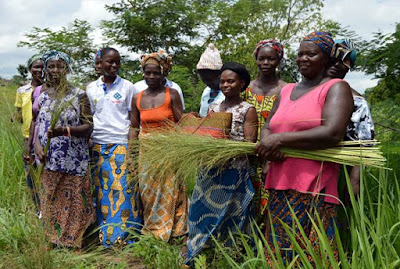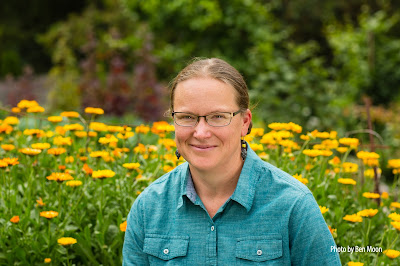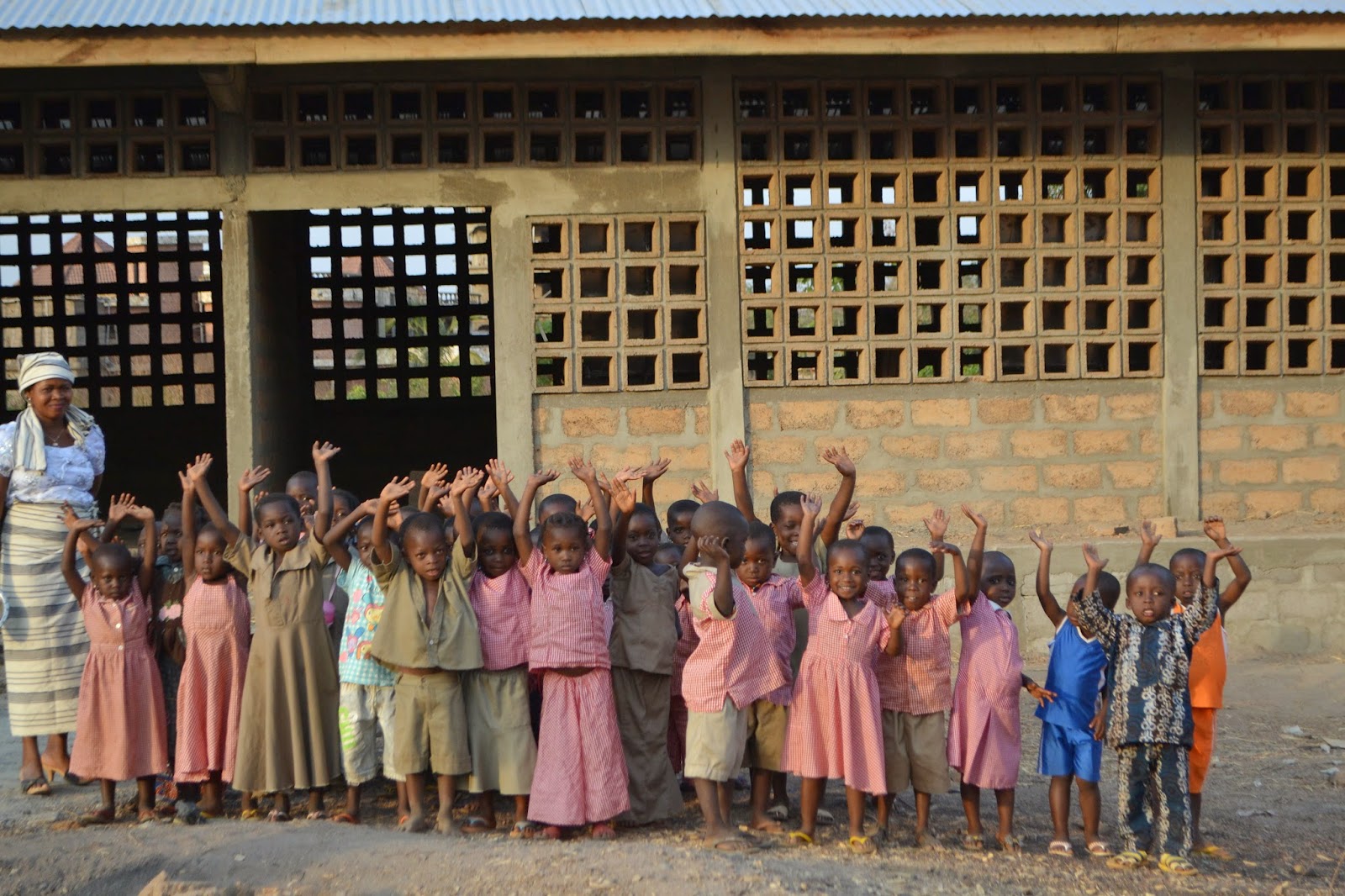Guest Post from True Moringa Co-Founder, Emily Cunningham:
Conscious shoppers are the missing ingredient in a more inclusive global supply chain that breaks the cycle of poverty for small farming families.
Conscious shoppers are the missing ingredient in a more inclusive global supply chain that breaks the cycle of poverty for small farming families.
In January of 2012, my
co-founder Kwami and I found ourselves in the middle of rural Ghana, puzzled by
a paradox. There are 1.5 billion acres of fertile uncultivated land in
Africa and 120 million smallholder farmers living on that land earning less
than $2 per day.
It was not for lack of natural
resources that these farming families were trapped in a cycle of poverty -
beautiful, rare, nutrient-rich botanical crops were all around us. The farmers
introduced us to one crop in particular that caught our attention - moringa.
Moringa is known locally as the
miracle tree. The leaves of the tree contain, per gram, more vitamin A than
carrots, more calcium than milk, more protein than eggs, and more iron than
spinach. The seeds of tree, rich in antioxidants and moisturizing agents like
behenic and linoleic acid produce one of nature's finest anti-aging and moisturizing
treatments for hair and skin care. Even the waste product of oil
processing, the pressmeal, could be used for organic fertilizer, animal feed,
and flocculant to purify water.
So if farmers had all of these
incredible natural resources like moringa growing in their backyards- why
were they still poor? And why had so few people heard about the benefits of crops
like moringa?
It didn't take many days in the
village to realize that smallholder farmers had the deck stacked against them.
They lacked access to reliable financing and inputs like seeds and fertilizer
to start new farms. They lacked information about how to grow crops up to the
standards of the international market, and about how to maximize their yields.
Farmers were risk averse from being told time and again by companies, NGOs and
their government to grow particular crops, only to find their was no market for
their produce when harvest time came.
It became clear that if we
wanted to bring moringa to the masses, and do it in a way that included farmers
earning less than $2 per day, we had to reimagine the entire supply
chain.
This meant building deep
relationships with farmers- mapping their farms to determine the yields they
could expect and the amount of inputs like seed and fertilizer they needed, and
providing constant follow up with a dedicated agricultural extension officer.
It meant creating a proprietary processing system so value could be added and
jobs created locally. It also meant building a brand and products that would
resonate with customers around the world. With all of this in mind, True
Moringa was born.
From the outset, we realized
that our work, though important to the communities we serve, was a drop in the
ocean. We were founded with the intention of joining forces with companies who
are doing their own work to build holistic and inclusive supply chains, but
most importantly to create products that you actually want and use- products
that stand alone even without the social impact story behind them.
We are so excited to partner
with Alaffia and Madecasse- two companies that go above and beyond fair trade
to truly get to know and co-create with the communities they serve- this
holiday season to bring you our True Moringa Holiday Gift Box.
Each box contains ethically sourced and produced Madecasse chocolate, Alaffia
shea moisturizing lotion, and our peppermint moringa oil. It’s our first foray
into building a larger more-than-fair trade movement - and we can’t wait to
hear what you think!
Remember that you vote with
your dollars for the type of world you want to live in- even the most elegant
and ethical supply chains mean nothing without you.
The future of the
more-than-fair trade movement rests with conscious consumers.
True
Moringa works to provide food security and sustainable livelihoods to over
1,000 small farming families throughout Ghana. Purchase their holiday gift box with free
shipping nationwide (using code 'HOLIDAYSHIPFREE' here.















































